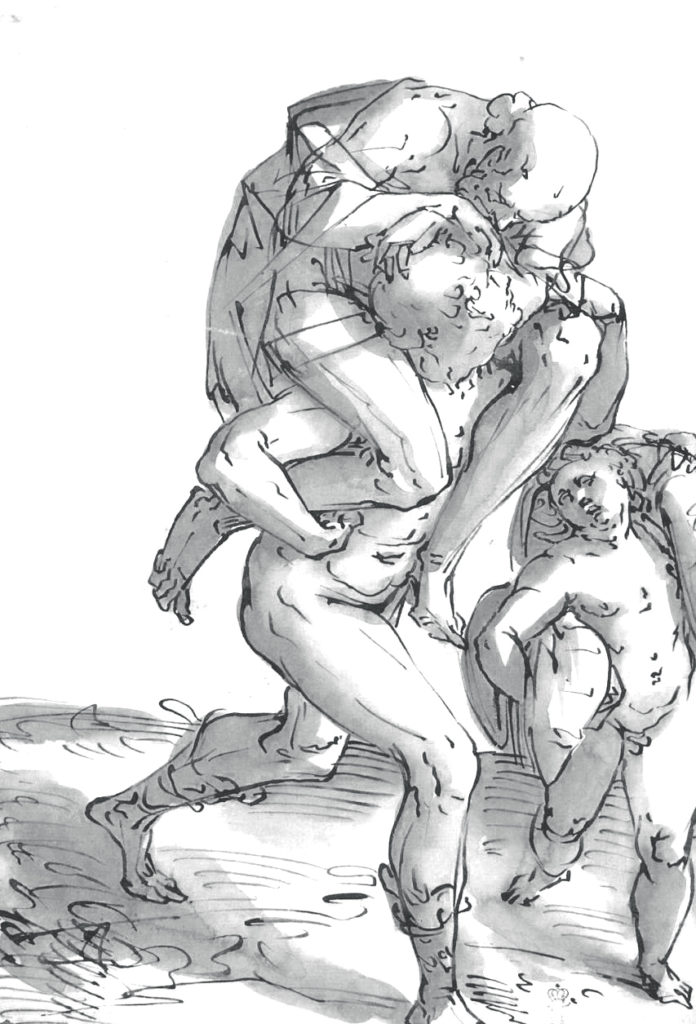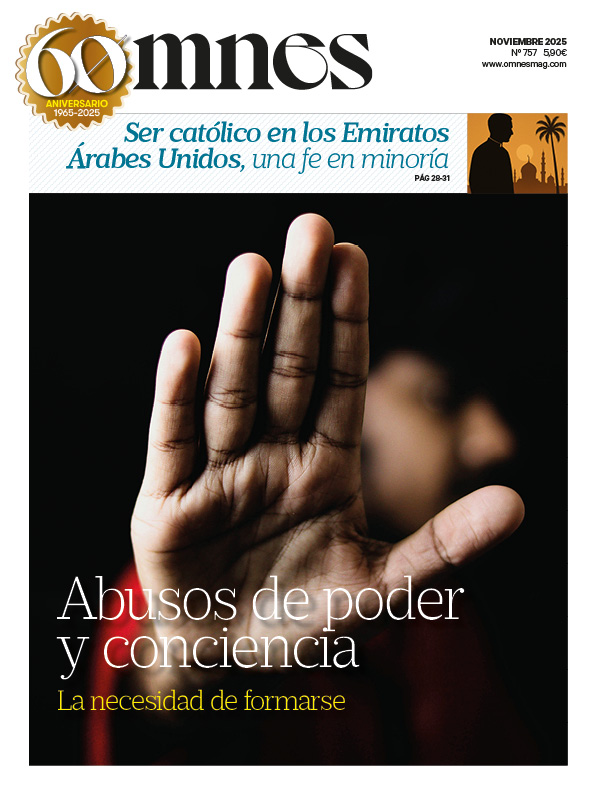Aeneas, the legendary Greek hero who stars in Virgil's 'The Aeneid', must quickly leave Troy, which is in flames. The goddess Venus advises him to do so. But the hero does not want to flee without taking the most important thing with him: he takes his son Ascanius, a child, by the hand and carries on his shoulders his father Anchises, who because of his old age can hardly walk and may perish in the fire.
The Spanish Bishops' Conference has published the document 'Life is a gift, euthanasia a failure', in which he denounces the proposed euthanasia law. But few other voices have been heard in the face of this new red line that our society has crossed.
The euthanasia law is radically unjust because of the criteria it establishes regarding the value of life.
I have been thinking about the issue of euthanasia and, no matter how much it is dressed up as a supposed 'mercy', I am convinced that it is a radically unjust law with unpredictable consequences, not only for the number of lives it ends, but also for the criteria it establishes in society regarding the value of life and the relationships between us.

In the fifth point the bishops state that 'by granting this supposed right, the person, who is experienced as a burden on the family and a social burden, feels conditioned to ask for death when a law presses him in that direction'.
Is there anything more unfair than making the person who needs our help feel guilty? Do we not realize what it can mean for a person who is dependent and elderly, who often feels like a burden, to be told by the State and society that there is a 'solution' and that it is in their hands? That by ending their life they are taking a problem away from their children. That her own death is an 'act of love' to her loved ones.
A society that does not cultivate love and veneration for its elderly is a lost society. It is true that on some occasions there is suffering that brings out the best in us, that turns the caregivers and relatives of that elderly person or that person in a critical situation into true heroes. It is true that Aeneas has to carry his father, and that the burden is heavy.
Whoever casts as a burden the weakest, will walk "faster" but will do so towards his own destruction.
But the story of Aeneas, like all myths, provides us with the keys to life. Aeneas saved the most sacred. He went out with his father on his back and his son by the hand. In the face of presentism and the selfish look, he takes his father and his son. He saves the weakest. And, in them, he preserves their roots and history, he takes care of the future.
The path that our civilization has built is that of Aeneas' mercy. He who casts as a burden the weakest, it is true that he will walk faster, that he will even be able to run, but he will do so towards his own destruction.
The five months spent with my friend and brother Manuel in palliative care, the love shown day and night by his wife, the prayer and affection that have sustained them in these seven years of struggle against cancer, give me the certainty that this is the only path that makes us truly human: that of caring for each other, of healing our wounds, of protecting life.
This is what our pastors remind us today in this letter. That Aeneas has to carry his old father again.
And take your child by the hand.
That the last word should not be that of death - euthanasia - but that of love.
Teaching Delegate in the Diocese of Getafe since the 2010-2011 academic year, he has previously exercised this service in the Archbishopric of Pamplona and Tudela, for seven years (2003-2009). He currently combines this work with his dedication to youth ministry directing the Public Association of the Faithful 'Milicia de Santa Maria' and the educational association 'VEN Y VERÁS. EDUCATION', of which he is President.







